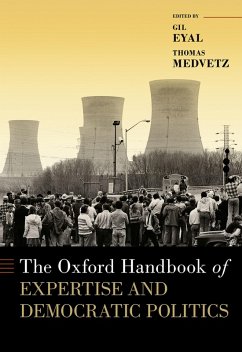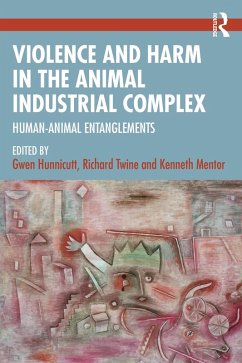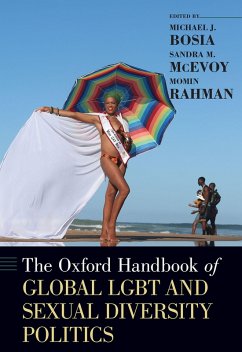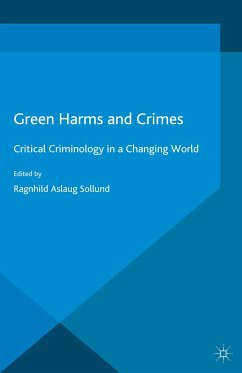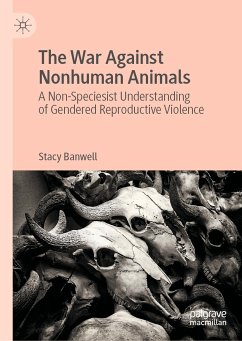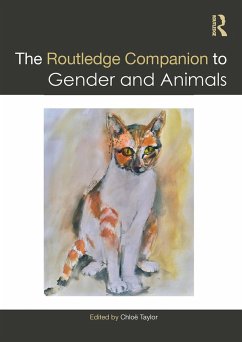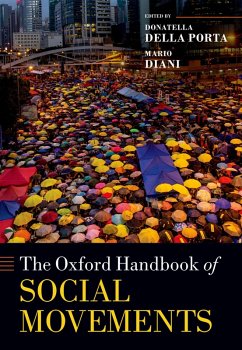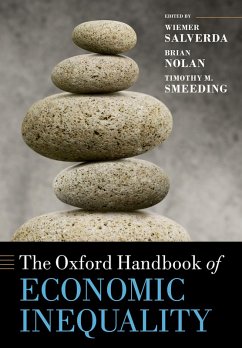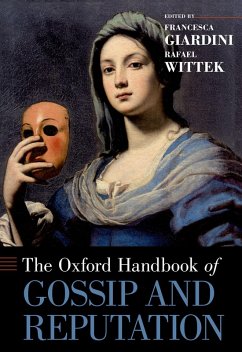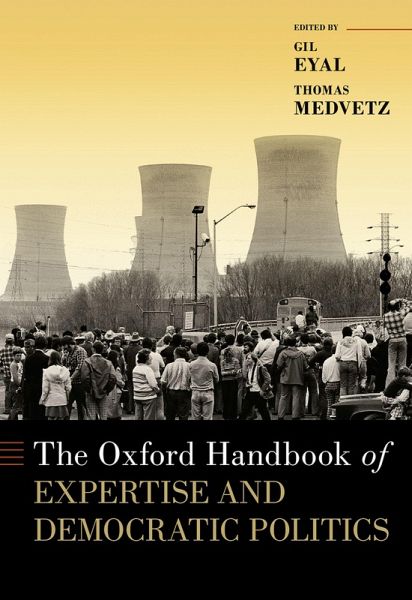
The Oxford Handbook of Expertise and Democratic Politics (eBook, PDF)
Versandkostenfrei!
Sofort per Download lieferbar
75,95 €
inkl. MwSt.
Weitere Ausgaben:

PAYBACK Punkte
38 °P sammeln!
In the last several decades, there has been a surge of interest in expertise in the social scientific, philosophical, and legal literatures. While it is tempting to attribute this surge of interest in expertise to the emergence and consolidation of a "knowledge society," "post-industrial society," or "network society," it is more likely that the debates about expertise are symptomatic of significant change and upheaval. As the number of contenders for expert status has increased, as the bases for their claims have become more diverse, and as the struggles between these would-be experts intensi...
In the last several decades, there has been a surge of interest in expertise in the social scientific, philosophical, and legal literatures. While it is tempting to attribute this surge of interest in expertise to the emergence and consolidation of a "knowledge society," "post-industrial society," or "network society," it is more likely that the debates about expertise are symptomatic of significant change and upheaval. As the number of contenders for expert status has increased, as the bases for their claims have become more diverse, and as the struggles between these would-be experts intensified, expertise became problematic and contested. In The Oxford Handbook of Expertise and Democratic Politics, Gil Eyal and Thomas Medvetz have brought together a broad group of scholars who have engaged substantively and theoretically with debates regarding the nature of expertise and the social roles of experts to examine these areas within sociology and allied disciplines. The analyses take an historical and relational approach to the topic and are motivated by the sense that growing mistrust in experts represents a danger to democratic politics today. Among the topics considered here are the value and relevance of the boundary between experts and laypeople; the causes and consequences of mistrust in experts; the meanings and social uses of objectivity; and the significance of recent transformations in the organization of the professions. Bringing together investigations from social scientists, philosophers, and legal scholars into the political dimensions of expertise, this Handbook connects interdisciplinary work done in science and technology studies with the more classic concerns, topics, and concepts of sociologists of professions and intellectuals.
Dieser Download kann aus rechtlichen Gründen nur mit Rechnungsadresse in A, B, BG, CY, CZ, D, DK, EW, E, FIN, F, GR, HR, H, IRL, I, LT, L, LR, M, NL, PL, P, R, S, SLO, SK ausgeliefert werden.




